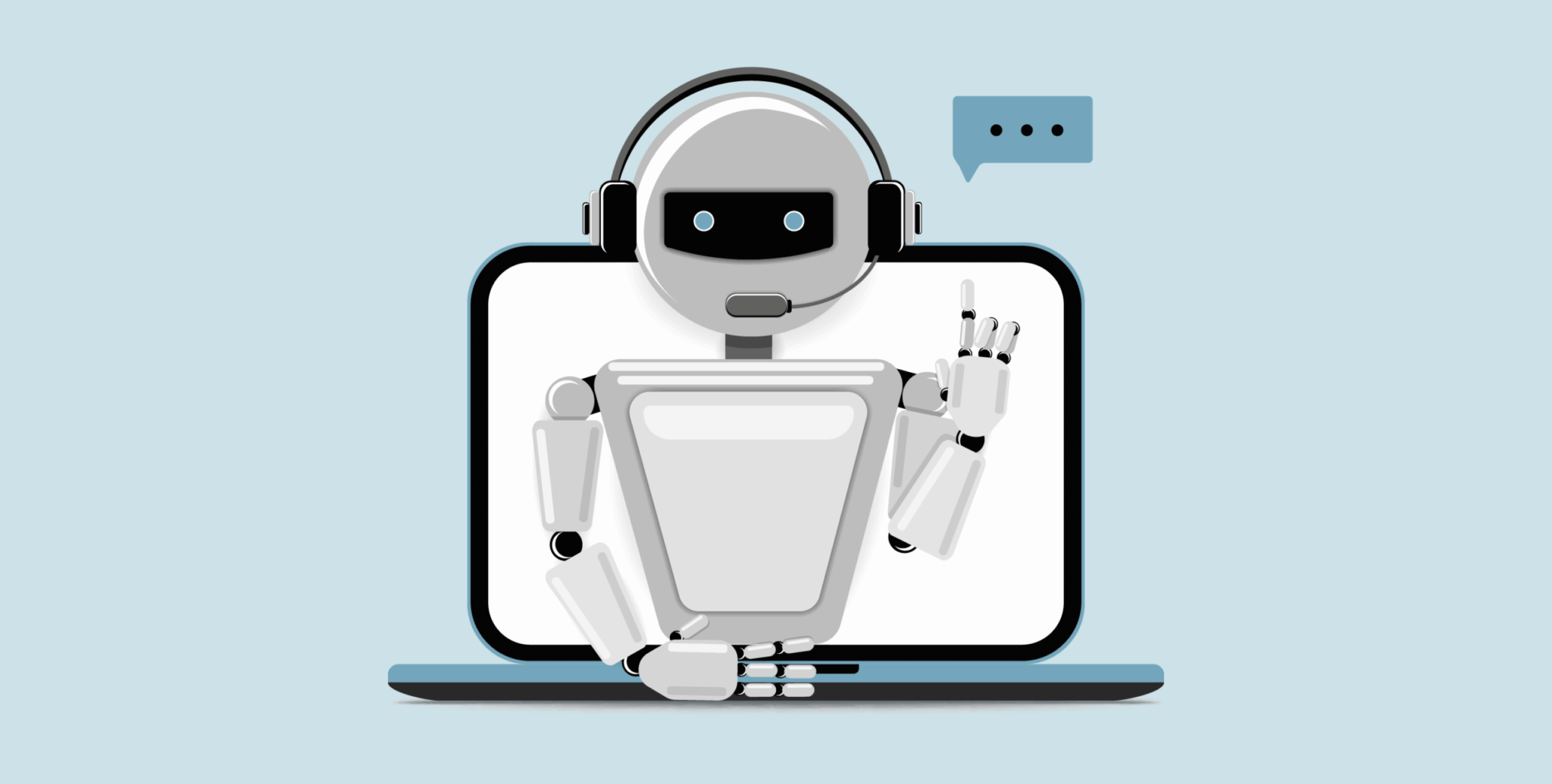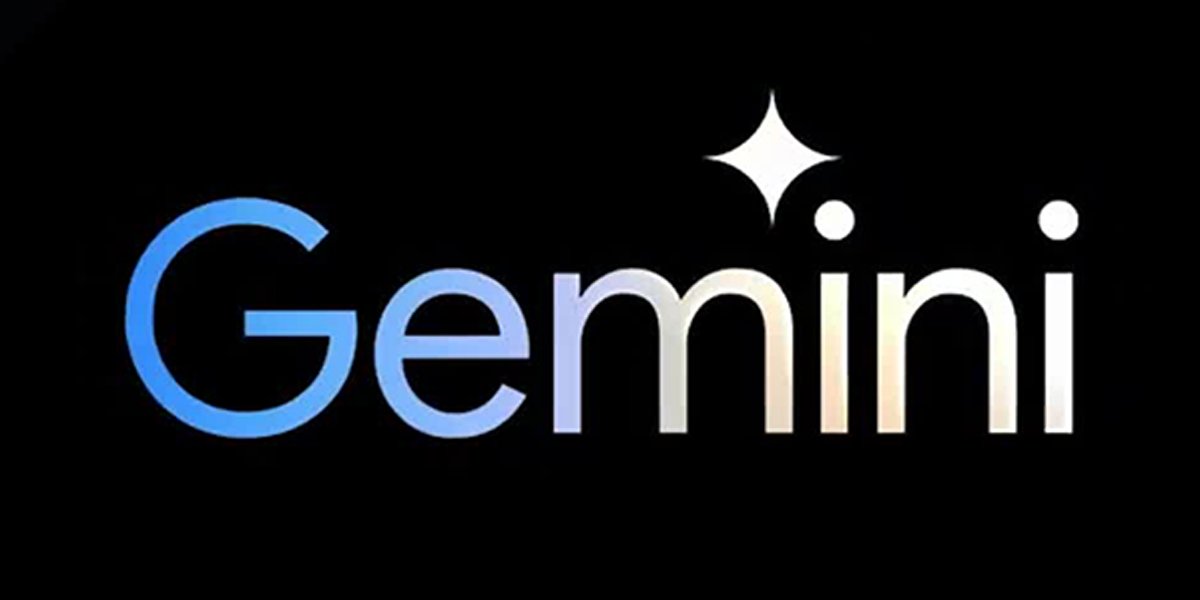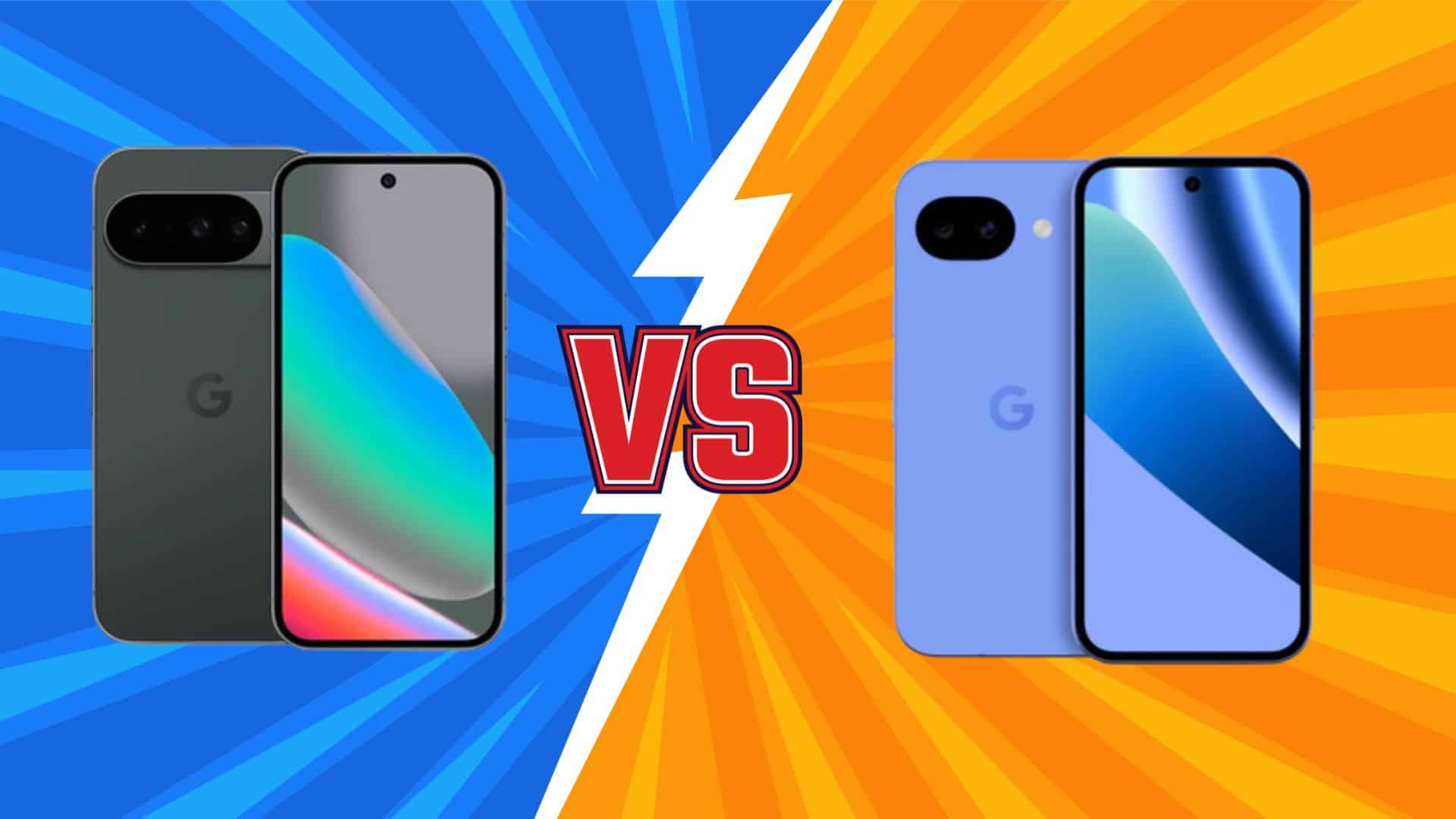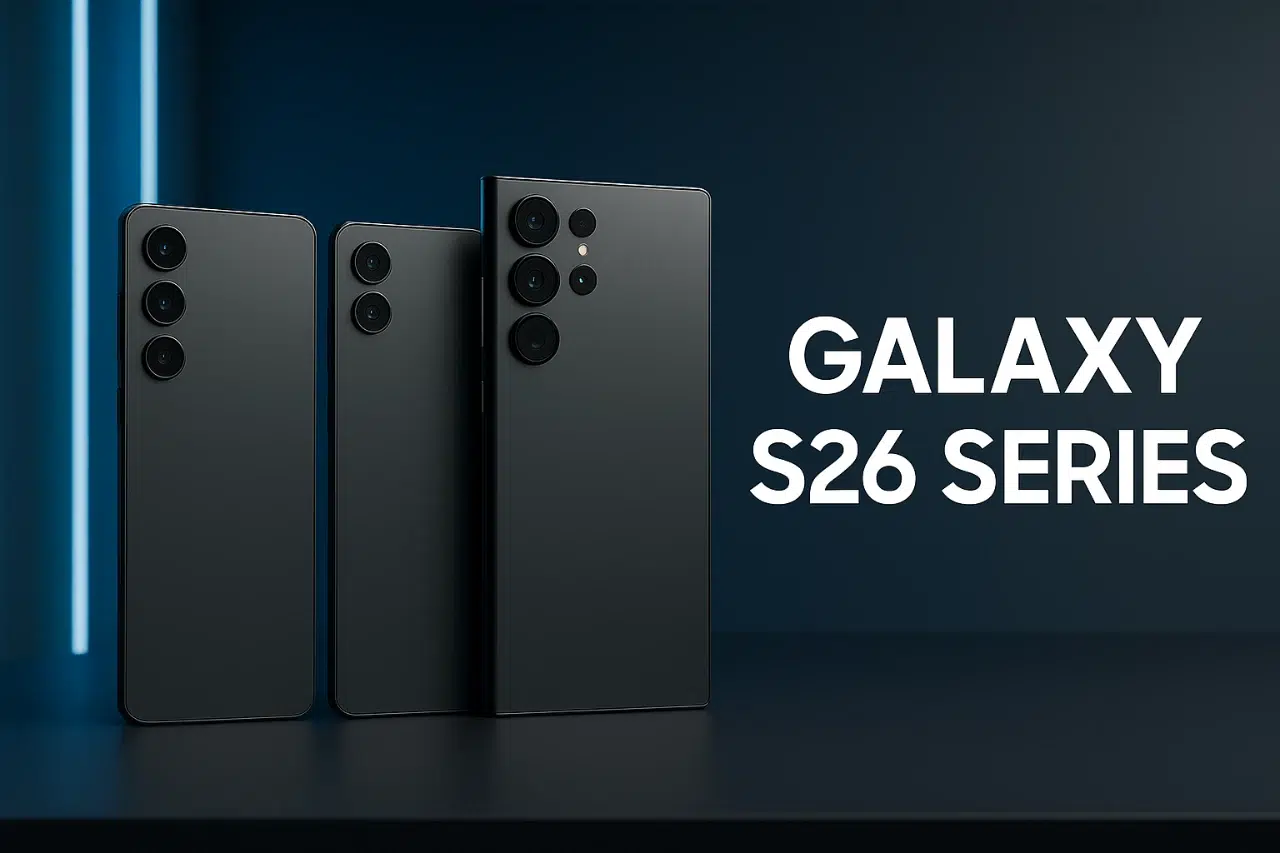Artificial Intelligence (AI) chatbots have become increasingly popular in the healthcare sector, offering a range of services from providing medical information to scheduling appointments. In this article, we delve into the effectiveness and reliability of five prominent AI chatbots in delivering health and safety advice. The chatbots we examined include ChatGPT, Google’s Gemini, Claude by Anthropic, Sensely, and Woebot. Here’s what we found.
ChatGPT: The Versatile Advisor
Developed by OpenAI, ChatGPT is renowned for its versatility and wide-ranging capabilities. It can handle various health-related inquiries, provide general medical advice, and even assist in mental health support. However, while it is accessible and user-friendly, it has been noted for occasionally providing hallucinated or incorrect information. Users should exercise caution and cross-check the advice received with trusted medical sources.
Gemini: Google’s AI Competitor
Gemini, formerly known as Bard, is Google’s answer to ChatGPT. It has shown promise in providing quick and creative responses to health-related questions. However, similar to ChatGPT, Gemini also suffers from issues of hallucination and lacks robust mechanisms for verifying its outputs. Despite these drawbacks, its integration with Google services offers seamless access to a vast array of information, making it a valuable tool for general inquiries.
Claude by Anthropic: Safety-Focused AI
Claude, developed by Anthropic, emphasizes safety through its “Constitutional AI” approach. This method ensures the chatbot adheres to a set of ethical guidelines inspired by the United Nations Universal Declaration of Human Rights, aiming to make its responses more helpful and harmless. Claude excels in handling large inputs and document reviews, making it ideal for detailed health inquiries. Nevertheless, it still requires users to verify its advice with professional medical sources.
Sensely: The Healthcare Specialist
Sensely is specifically designed for healthcare applications, offering features like a symptom checker, health risk assessments, and condition monitoring. It provides round-the-clock support and has been praised for improving patient engagement and satisfaction. Sensely’s focus on healthcare allows it to deliver more accurate and contextually relevant advice compared to general-purpose chatbots. However, users should be aware of the potential for inaccuracies and always consult with healthcare professionals for critical health decisions.
Woebot: The Mental Health Companion
Woebot specializes in mental health support, offering cognitive behavioral therapy (CBT) and mood tracking through conversational AI. It provides an anonymous and always-available platform for individuals seeking mental health assistance. While Woebot has been effective in helping users manage conditions like anxiety and depression, it is crucial to recognize its limitations and the importance of professional mental health support for serious issues.
Key Findings and Considerations
Reliability and Trustworthiness
Our evaluation revealed that while AI chatbots can be highly intuitive and useful, they often fall short in terms of reliability and trustworthiness. Issues such as hallucinations, unverifiable outputs, and occasional biased information were common across all platforms tested. For high-risk areas like health, these deficiencies highlight the need for users to verify the chatbot’s advice with healthcare professional.
Benefits and Challenges
AI chatbots offer numerous benefits, including 24/7 availability, enhanced patient engagement, and improved efficiency in managing healthcare tasks. They can significantly reduce administrative burdens and provide immediate access to health information. However, the challenges of ensuring accuracy and reliability, particularly in sensitive areas like health and safety, cannot be overlooked.
As AI technology continues to evolve, the development of more robust verification mechanisms and ethical guidelines will be crucial. Efforts to improve the inclusivity and accountability of AI systems are underway, with varying approaches across different regions. The future of healthcare chatbots lies in their ability to integrate seamlessly with existing healthcare systems while providing accurate, reliable, and contextually appropriate advice.
AI chatbots represent a significant advancement in the accessibility and delivery of healthcare services. While they offer valuable support and convenience, users must remain vigilant and critical of the advice provided. Ensuring the reliability and trustworthiness of these tools is paramount, and professional medical consultation should always be sought for serious health concerns.






























